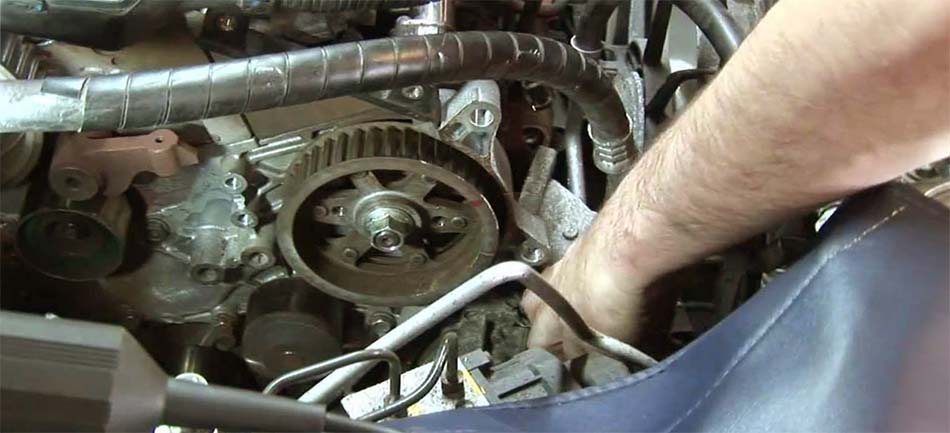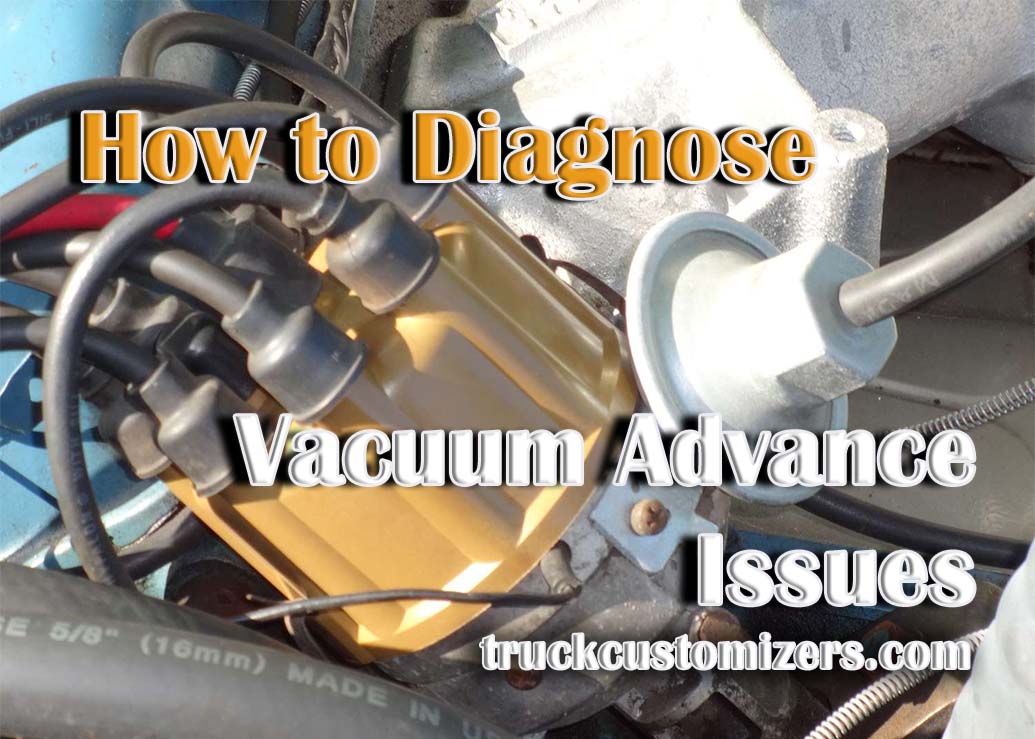Low end torque is the amount of torque produced by an engine at lower RPMs, or rotations per minute. This is important because having more torque can help you accelerate from a stop faster and make the vehicle feel more powerful and responsive. Low end torque is typically measured in foot-pounds (ft-lbs).
Types of Engines and Their Benefits
-
Gasoline Engines: Gasoline engines are the most common type of internal combustion engine used in cars, trucks, and SUVs today. These engines typically have more low end torque than diesel or electric motors because they can produce higher levels of power at lower RPMs. This makes them ideal for driving applications that require acceleration from a stop, such as highway merging or passing other vehicles on the road.
-
Diesel Engines: Diesel engines are becoming increasingly popular due to their higher efficiency compared to gasoline engines and their ability to produce large amounts of low-end torque at lower RPMs compared to gasoline engines. This makes them ideal for hauling heavy loads over long distances or pulling trailers up hills with ease.
-
Electric Motors: Electric motors are becoming increasingly popular due to their quiet operation and zero emissions. However, due to their lack of internal combustion and the fact that they are powered by batteries, electric motors have less low end torque than gasoline or diesel engines. This means that electric vehicles have slower acceleration from a stop than other types of vehicles.

Increasing Your Vehicle’s Torque Output
-
Upgrading the Intake/Exhaust Systems: One way to increase your vehicle’s torque output is to upgrade its intake and exhaust systems with larger headers, mufflers, and intakes. These upgrades can help free up power in your engine which will result in more torque at lower RPMs. You can choose here Best Exhaust for 6.7 Cummins.
-
Replacing the Air Filter: A clogged or dirty air filter can reduce the amount of air entering your engine resulting in a decrease in power output and torque production at low RPMs. Replacing your air filter regularly can help improve performance and increase torque production at low RPM settings.
-
Changing Fuel Injectors/Pumps: Another way to increase your vehicle’s torque output is to replace the fuel injectors or pumps with ones that are specifically designed for higher performance applications such as racing or drag racing applications. These pumps will deliver more fuel which results in higher power and torque outputs.
Conclusion
Low end torque is an important factor when it comes to vehicle performance, as it determines how quickly a vehicle can accelerate from a stop. Different types of engines have their own benefits and drawbacks when it comes to producing low end torque, with gasoline engines typically producing the most. To increase your vehicle’s torque output, you can upgrade the intake/exhaust systems, replace the air filter regularly, or replace the fuel injectors/pumps with higher performance ones.


